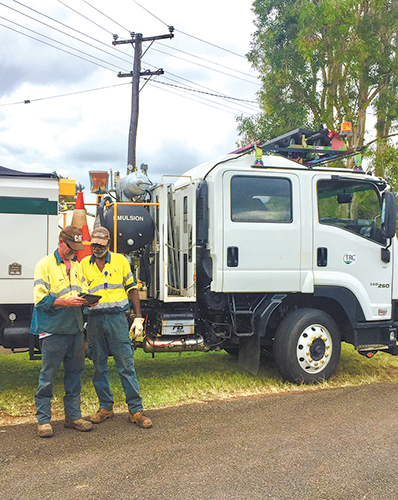Eighteen months ago Tablelands Regional Council in Queensland officers drew a line in the sand and looked to transform how the organisation delivered asset management.
The ability to work smarter by prioritising projects, getting crews in efficient and proactive workflows, and ensuring a reduction in administrative costs were key drivers for change.
The ultimate goals are to extend asset life and make better-informed decisions.
After a number of attempts at streamlining asset management functions from a financial aspect, Council’s asset management working group looked to change the number one priority of asset management from financial to maintenance activities.
This involved two major tasks. The first was to understand which assets are vital to the community and the second was to understand the service and intervention levels of those assets.
By incorporating essential community levers for criteria, assets were weighted and prioritised to ensure critical services continually deliver and are financially sustainable.
This allows the organisation to be proactive and effectively plan for delivery of “fit for future” services.
In collaboration with the above priority framework, defect intervention and scoring was developed to further influence decisions of both maintenance and capital expenditure.
This involved identifying activities, defects, rectifications and resources currently being utilised.
Once the defect/intervention scoring framework was established, operational work teams were introduced to mobile data collection and automated workflows.
Jobs have now moved from being reactive and individually allocated to scheduled works allocated as weekly programs, which have reduced inefficiencies and administrative costs and enabled more productive movements of work crews in the large rural area.
Strategic expenditure planning and life cycle management of assets is primarily being driven by the outdoor data capture flowing through the established frameworks.
The benefits of a collaborative team effort have seen a quick improvement in a number of business activities.
Tablelands Regional Council is excited by the possibilities and continued improvement of the team established system, which ultimately aims to deliver long-term service sustainability to the community.

















